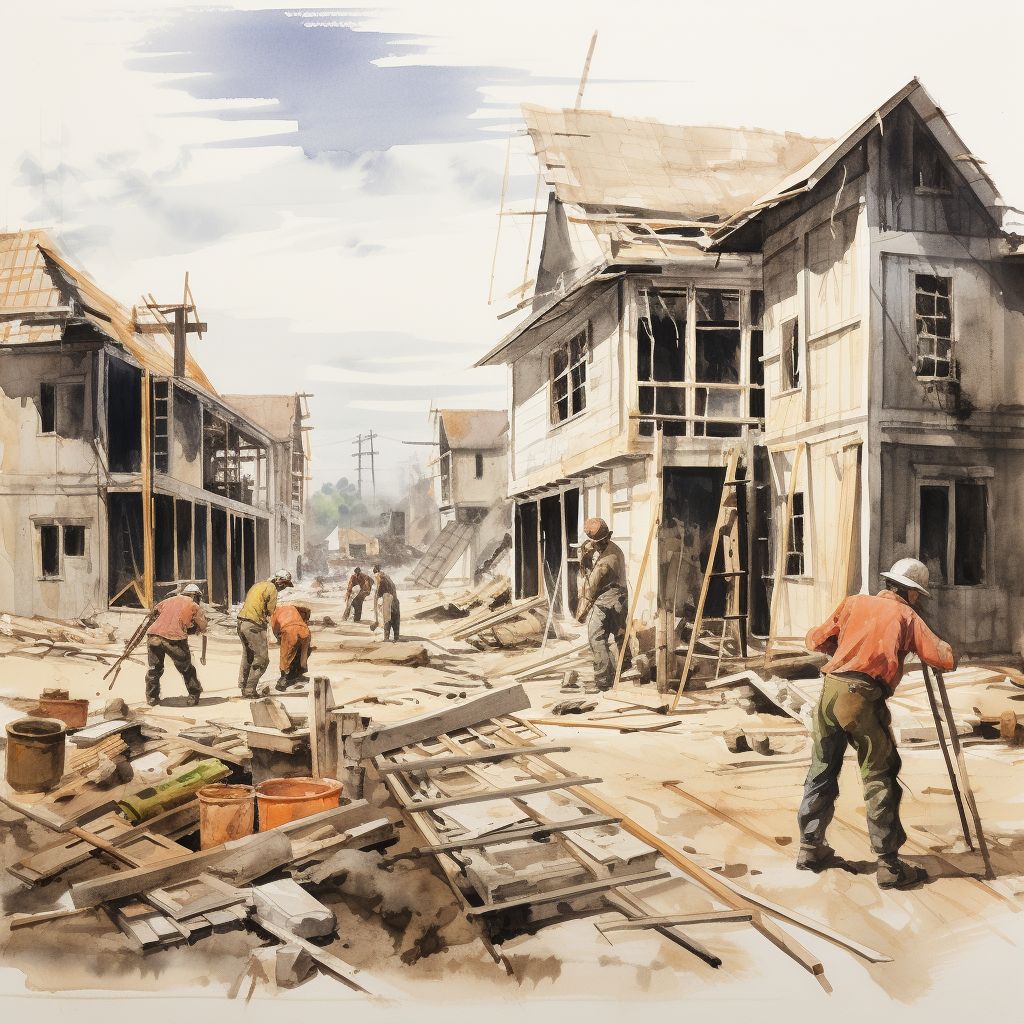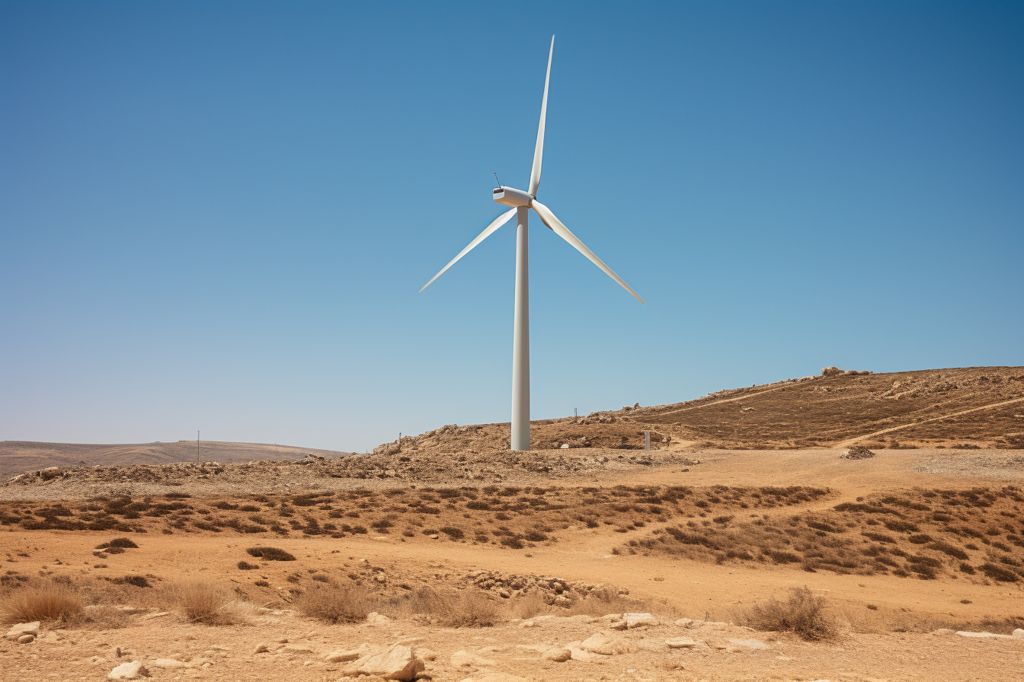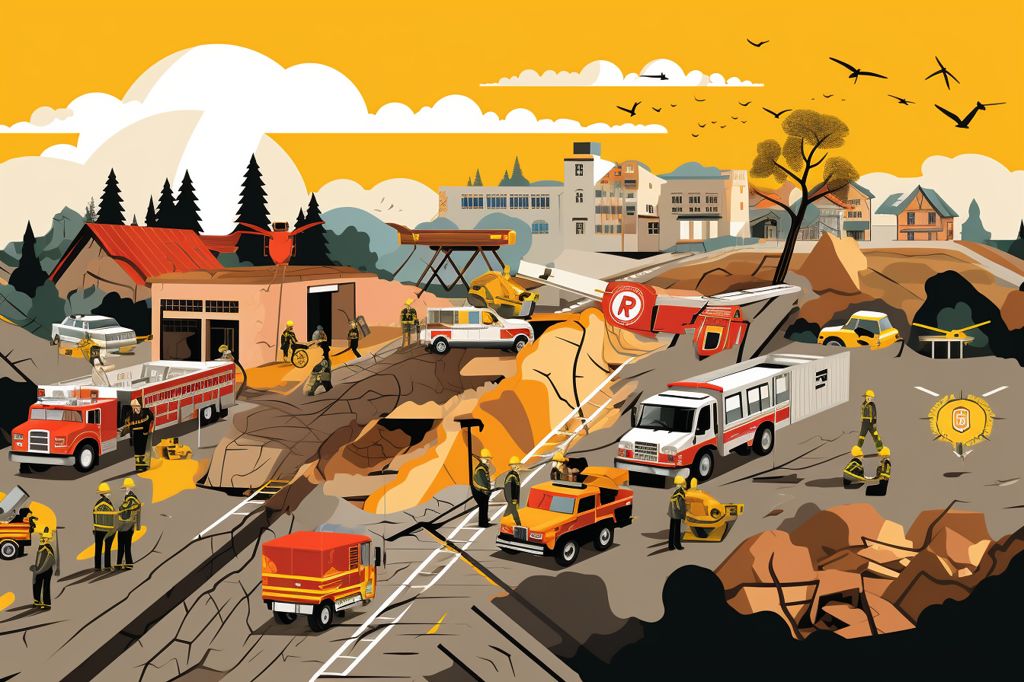Inanda, a town located northwest of Durban, was recently struck by a devastating tornado. In response to this disaster, the government has pledged assistance to help rebuild the homes affected by the tornado.
Government Inspection and Assistance Plan
Minister of Human Settlements, Mmamoloko Kubayi, Premier Nomusa Dube-Ncube, and Executive Mayor of eThekwini Municipality, Cllr Mxolisi Kaunda led an inspection aimed at assessing the damage and identifying immediate relief interventions for victims. The government’s assistance plan includes providing building materials to rehabilitate partially damaged houses and offering permanent solutions through Alternative Building Technologies (ABT) for entirely destroyed structures.
Government’s Dedication to Rebuilding Communities
This initiative demonstrates the government’s dedication to assisting those affected by natural disasters in rebuilding their lives and communities. Kubayi previously announced that the National Department of Human Settlements would take over the implementation of the emergency housing program, which aimed to ensure a swift government response to disasters.
Restoring Dignity and Providing Secure Solutions
Before the Inanda visit, Kubayi handed over houses to qualifying beneficiaries at the Kanku Road Housing Project, which has more than 300 houses. The new beneficiaries were urged not to sell their homes, as a house is intended to provide shelter and serve as a legacy for future generations. Through swift intervention and collaboration, the government aims to restore dignity and provide secure, lasting solutions for those in need.
Collaboration for Positive Change
Mayor Kaunda emphasized the importance of collaboration between the government, local communities, and individuals in achieving long-term positive change. He outlined the government’s priorities, such as eradicating informal settlements and transit camps in the city, and urged residents not to reverse the gains made by rebuilding new structures on cleared sites, as it would be considered an action against progress.
The government’s efforts to assist tornado victims in Inanda showcase its commitment to providing adequate and safe housing for its citizens and rebuilding communities affected by disasters. Through collaboration and swift intervention, the government aims to restore dignity and provide secure, lasting solutions for those in need.








